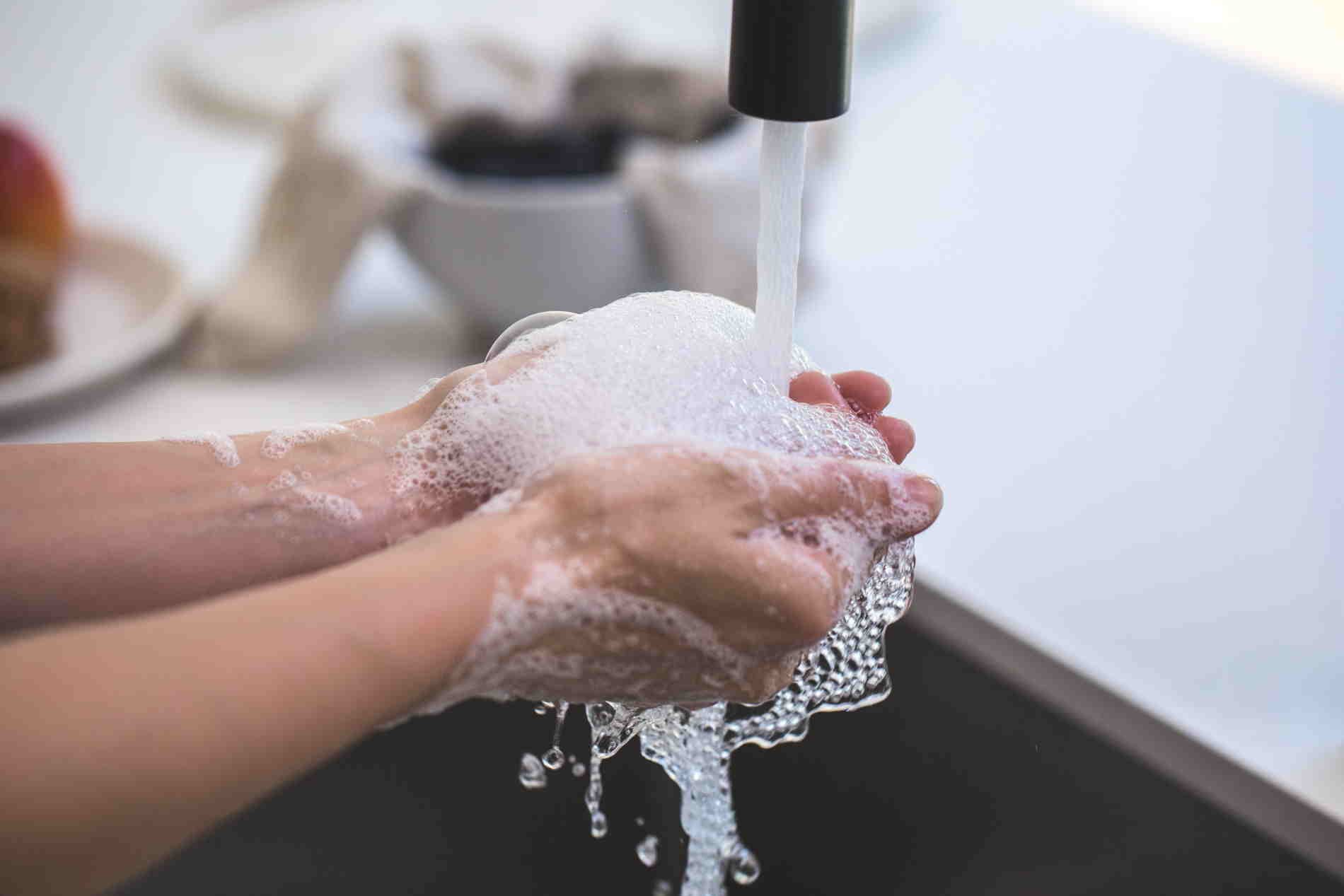Barcelona's metropolitan authority continues to expand measures in response to the severe drought affecting Catalonia and which prompted the application of a state of drought emergency a month ago to almost all the metropolitan region and many areas beyond it. The efforts of the Àrea Metropolitana de Barcelona (AMB) administrative body, grouping together 36 municipalities, are necessarily focused on measures within its competencies, and that means attempting to reduce demand. One of the most prominent measures is that seven municipalities in the metropolitan area will be affected by a reduction in water pressure from March 11th. The municipalities affected will be Begues, Cervelló, Corbera de Llobregat, La Palma de Cervelló, Sant Just Desvern, Sant Vicenç dels Horts and Tiana, which are those that exceed the threshold of 200 litres per inhabitant per day. Sant Cugat is very close to it - consumption of 199 litres daily per person - but has a small added margin because, as it also hosts economic activities, its limit is 206.
The measures have been decided jointly with the affected municipalities and the water supply companies, applying the Metropolitan Operational Contingency Plan for Drought approved by the AMB. Thus, the overall goal of the measure is to lower consumption as much as possible in order to extend resources in case the drought situation persists in the medium term. However, with these measures, the effects will be minimal and not remarkable.
More measures to fight the drought
As well, over the next few days, the AMB is to send a letter to 24,000 domestic subscribers - 1.5% of the total - whi have exceeded the consumption of 200 litres per person per day, in which they will ask for increased efforts to reduce water consumption, to approach the current average in the metropolitan area. In addition, the letter being sent underlines that, according to the drought decrees issued by the Catalan Water Agency (ACA), there are a number of actions that are prohibited, such as, for example, filling private swimming pools, watering private gardens and washing vehicles (except in specialized establishments).
The AMB will also send a specific letter to about 250 other users, who are classified as large consumers - industries, large properties, etc — who exceed 20,000 m³/year in water use and are connected to the water distribution network. For these users, a summary of water-saving measures applied so far will be requested, distinguishing between process water and other uses. In addition, planning for future water-saving measures will be requested.
In the context of the current drought, if it is detected that a consumer has used water in a way that is not permitted, the municipal councils have the power to open a case against him. The AMB will be the body to resolve such cases, which may entail financial sanctions in accordance with the Regulations of the metropolitan water cycle service. In these cases, a summary of the water saving measures that have been implemented so far will be requested, distinguishing between process water and other uses. The prevision for future measures will also be requested, should they be specified. The AMB says it maintains an "open line of communication to resolve doubts about water saving measures" and to collaborate in "the common goal of responsible usage".

